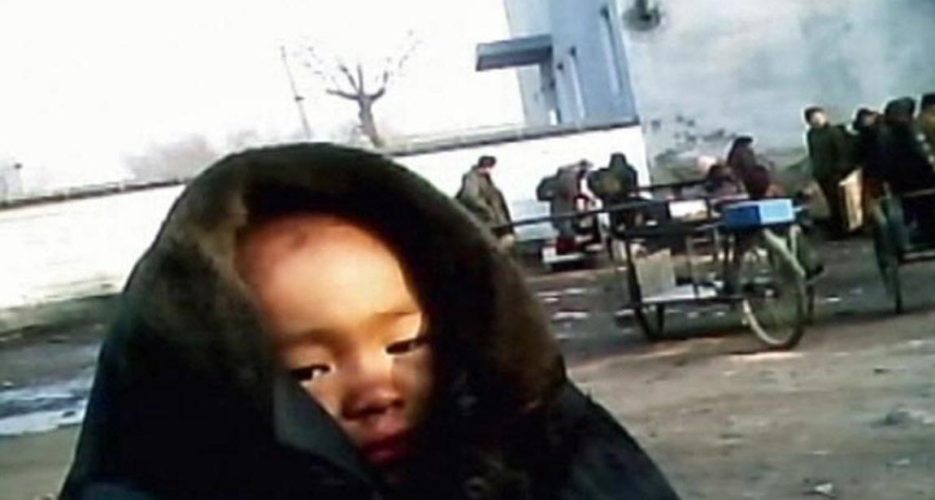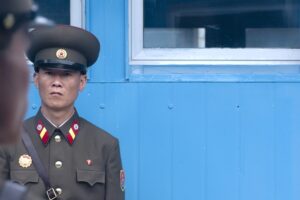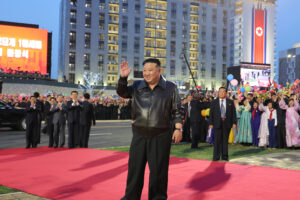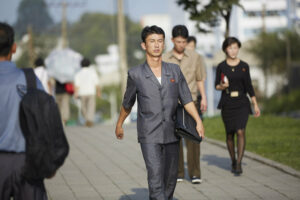The EU’s recent decision to provide food aid to North Korea has drawn a mixture of sentiment. Defectors have voiced opposition in light of their own experiences, where food meant for average North Koreans has been intercepted by higher-ranking officials. Conversely, other Pyongyang watchers have voiced their support for food aid[1]. In response to arguments that food aid is propping up the regime, Rudiger Frank in particular has argued that historically regime change has only occurred once a population has had its basic needs met.[2] Furthermore, Frank sees food aid as necessary in light of the fact that the famine has left very few North Koreans unscathed (military included), and that food aid will help avert disaster.
Chosun Korea gives us an example of the correlation between food supply and revolutionary ability. As the Tonghaks’ marched on Seoul, a primarily agrarian following meant that the protest could only hold out for so long until the testy farmers were inevitably forced to return to their homes at the end of summer, for fear of losing their crop. The idea that the regime in Pyongyang intentionally keeps its people starving in order to prevent rebellion en masse doesn’t seem too farfetched, but given what little we know about the governments real intentions, the idea teeters on the brink of conspiracy. Even if Pyongyang intends to keep its people obsessively focused on survival, a more defendable observation is that the North is actively benefitting from the age-old Korean concept of han.
The EU’s recent decision to provide food aid to North Korea has drawn a mixture of sentiment. Defectors have voiced opposition in light of their own experiences, where food meant for average North Koreans has been intercepted by higher-ranking officials. Conversely, other Pyongyang watchers have voiced their support for food aid[1]. In response to arguments that food aid is propping up the regime, Rudiger Frank in particular has argued that historically regime change has only occurred once a population has had its basic needs met.[2] Furthermore, Frank sees food aid as necessary in light of the fact that the famine has left very few North Koreans unscathed (military included), and that food aid will help avert disaster.
Chosun Korea gives us an example of the correlation between food supply and revolutionary ability. As the Tonghaks’ marched on Seoul, a primarily agrarian following meant that the protest could only hold out for so long until the testy farmers were inevitably forced to return to their homes at the end of summer, for fear of losing their crop. The idea that the regime in Pyongyang intentionally keeps its people starving in order to prevent rebellion en masse doesn’t seem too farfetched, but given what little we know about the governments real intentions, the idea teeters on the brink of conspiracy. Even if Pyongyang intends to keep its people obsessively focused on survival, a more defendable observation is that the North is actively benefitting from the age-old Korean concept of han.
Become a member for less than $4 per week.
Unlimited access to all of NK News: reporting, investigations, analysis
The NK News Daily Update, an email newsletter to keep you in the loop
Searchable archive of all content, photo galleries, special columns
Contact NK News reporters with tips or requests for reporting
Get unlimited access to all NK News content, including original reporting, investigations, and analyses by our team of DPRK experts.
Subscribe now
All major cards accepted. No commitments – you can cancel any time.










